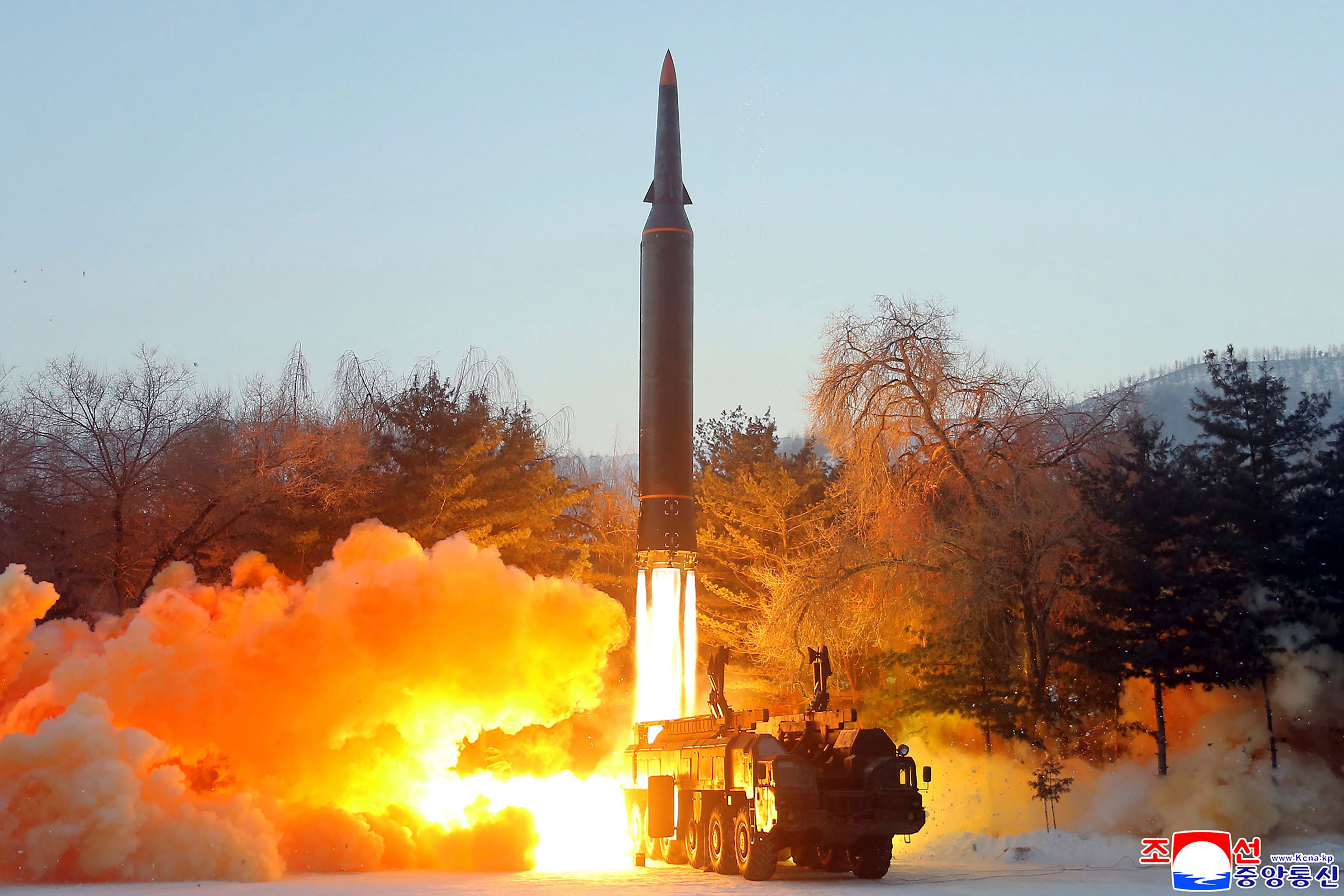US and allies urge North Korea to abandon nukes and missiles
The United States and five allies are urging North Korea to abandon its prohibited nuclear and ballistic missile programs

The United States and five allies urged North Korea on Monday to abandon its prohibited nuclear and ballistic missile programs and called on the U.N. Security Council to oppose Pyongyang’s “ongoing, destabilizing and unlawful actions,” including missile launches.
The six countries issued a statement ahead of the council’s closed consultations on the North’s Jan. 5 launch of what Pyongyang characterized as a hypersonic missile and South Korea said was a normal ballistic missile that could be intercepted. The meeting concluded before South Korea reported Monday night that North Korea had fired an unidentified projectile into the sea.
The U.N.’s most powerful body took no action. Diplomats speaking on condition of anonymity because consultations were closed said Russia and China again called for the lifting of some sanctions against North Korea.
Chin and Russia, which border North Korea, circulated a draft resolution in November stressing the North’s economic difficulties and calling for the lifting of sanctions that include a ban on exports of seafood and textiles, a cap on imports of refined petroleum products, and a prohibition on its citizens working overseas and sending home their earnings.
The six countries urged all nations to implement U.N. sanctions against the North.
The Security Council initially imposed sanctions on North Korea after its first nuclear test explosion in 2006 and made them tougher in response to further nuclear tests and the country’s increasingly sophisticated nuclear and ballistic missile programs.
The statement by the U.S. and council members Albania, France, Ireland and the United Kingdom, joined by Japan, condemned the Jan. 5 missile launch, calling it “a clear violation of multiple Security Council resolutions.”
North Korea’s “continued pursuit of weapons of mass destruction and ballistic missile programs is a threat to international peace and security,” said the statement, read by U.S. Ambassador Linda Thomas-Greenfield surrounded by diplomats from the five other countries.
The six countries said the launch showed North Korea’s determination “to expand its unlawful weapons capabilities” that increase “the risk of miscalculation and escalation and pose a significant threat to regional stability.”
Every missile launch not only advances North Korea’s capabilities but expands its weapons for export to illegal clients and arms dealers around the world and uses money that should be spent for the country’s people who face “an increasingly serious humanitarian crisis,” the six nations said.
“Our goal remains the complete, verifiable, and irreversible denuclearization of the Korean Peninsula,” they said, expressing readiness to support diplomacy toward this end.
It’s up to North Koorea, the six countries said, to “choose dialogue and peace over its unlawful and threatening weapons program.”
Bookmark popover
Removed from bookmarks